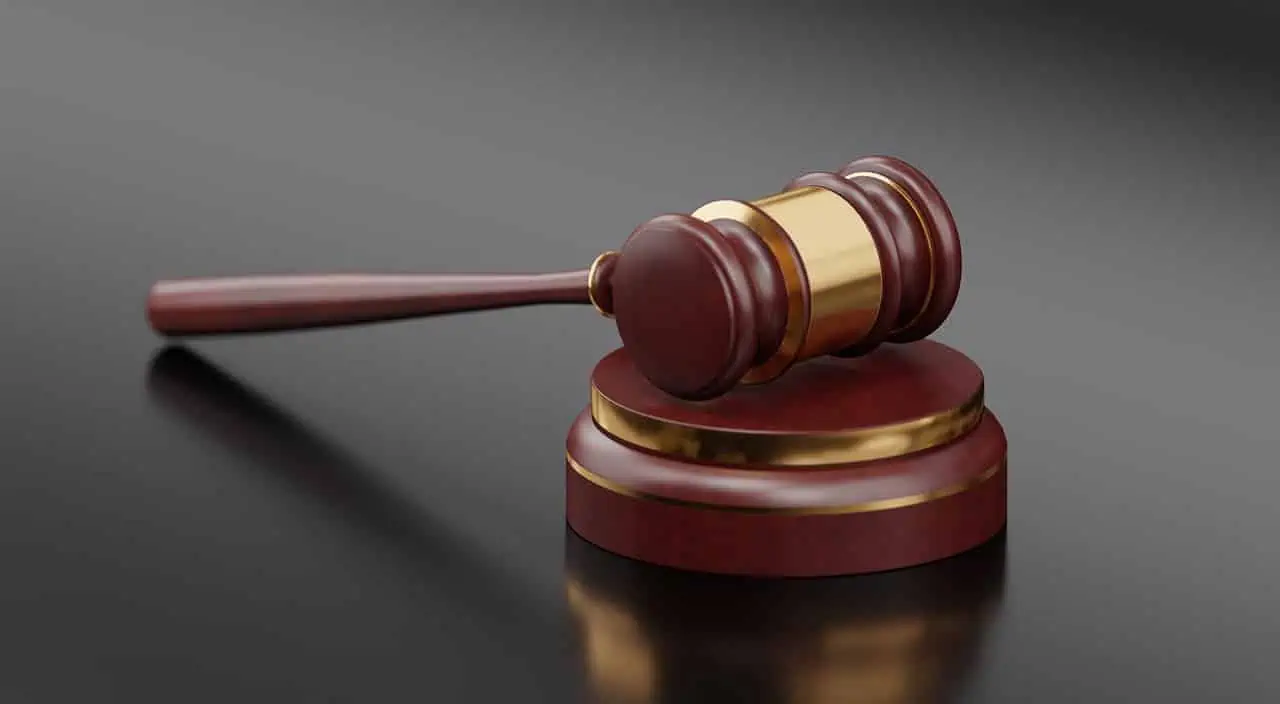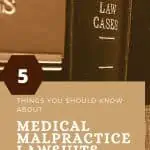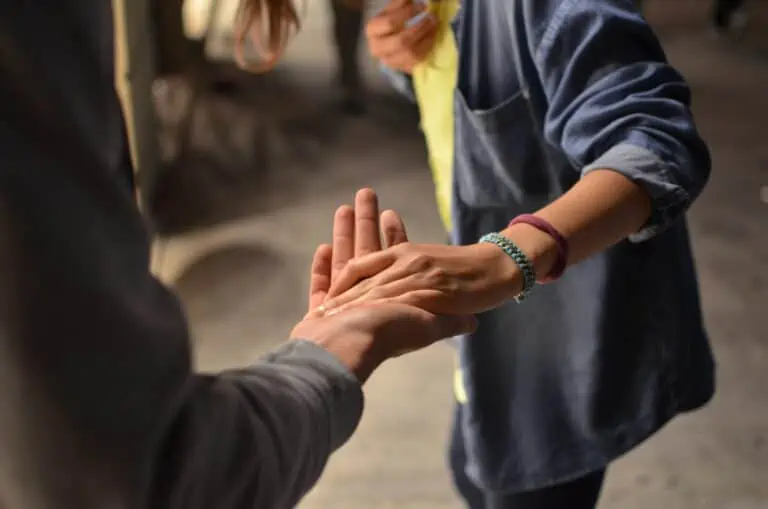5 Thoughts on Living Through a Medical Malpractice Lawsuit
One of the scariest things about the medical field is that we have someone’s life in our hands. All doctors take an oath to “do no harm”, however, sometimes patients do get hurt. Sometimes, we are responsible. Medical malpractice does not occur out of intent, but because we neglected to do something that should have been done. Neglect can come as a result of many factors: being overworked, not understanding patient’s concerns and not taking the time to try, lack of sleep, being overwhelmed, being distracted…the list goes on.
No matter what the reasoning, though, getting sued is hard. It’s also a shock to our system to know that we made a mistake, that someone was harmed because of it, and that we may not be the doctors we thought we were. While many lawsuits are frivolous, many are legitimate. The process of litigation, no matter what the case, can take a toll on even the best, most confident physician.
Our guest author Dr. Dearmin delves into how to get through the medical malpractice process and come out of it in one piece.
Nothing is harder for physicians than an unforeseen, sad patient outcome and a medical malpractice lawsuit. I’ve learned the hard way that this experience is big and packed with emotion. It cracks open all sorts of self-doubts and assumptions about medicine, and it can be a life-changing event.
For some, it fuels burnout or brings on loss of confidence and PTSD in practice. Others who go through it prematurely limit the scope of their practice or retire. And I worry about the links to depression and to physician suicide.
There is another side to this story, though. Having lived it and having talked with others who have, I now see that a patient’s unexpected loss and medical malpractice litigation also present us with huge opportunities for personal growth, just like all of life’s greatest challenges.
I believe that more information and a lot less isolation could go a long way toward mitigating the damage these experiences do. And although I have 1,001 things I’d like to say to the doctor who is in it, right now I’ll lay out five to get you started.
1 – On Being a Doctor And a Human
The first and most important thing I want you to know is that many people deeply engaged in caring for others feel it very hard when the other they are caring for is harmed in some way, especially if they think they may have had a hand in causing or could have had a hand in preventing that harm. Sounds simple from the outside. Usually does not feel so simple from the inside.
A host of normal emotions may arise in this circumstance. They include grief, sadness, fear, guilt, and shame. You may experience a periodic flight-or-flight response, lose sleep, or question your own competence. And these thoughts and emotions may linger for a long time.
If you have these feelings, rejoice! You are not a failed physician. You are in fact the model.
The feelings you have are the natural result of the intersection between your deep commitment to others and life‘s powerful fragility. And you are exposed to having them because you are willing to go where most people do not.
What is revealed if you hurt when harm comes to your patient is not that you are weak or a more flawed physician than anyone else, but rather that you came in with heart. Never forget that society needs the physicians with heart.
2 – You Are Not Alone
I cannot tell you how many physicians say to me, verbatim, “The hardest thing about litigation was the isolation.” I’ve said it, too.
First, I think that most of us have no idea how many or who among our colleagues have been through it. Until it was over and I began to teach about it, I certainly didn’t.
Now that I’ve reached out to talk with people about these things, I’ve been touched by the number of people, some of them my mentors, who seem to breathe a sigh of relief when they realize they can quietly offer me their story of a patient’s loss and a lawsuit.
As it turns out, data indicates that the vast majority of us in every specialty will be sued by the age of 65. Many docs are named more than once over their career.
What does that mean? It means that people all around you have been through this. They might not talk about it much, but if they did, they would say that it’s not just you.
3 – The Rules are Different There
It sounds so basic, but I think it bears mentioning that the rules of the legal world are very different from the rules we operate by in medicine. That’s one reason why there are lawyers specialized exclusively in medical malpractice defense.
For instance, the dynamic of care-giving means that we in medicine often naturally feel guilty if something went terribly wrong for the patient, whether or not we did anything wrong. By contrast, the legal system presumes that if we did what “another reasonable practitioner would have done under the same or similar circumstances,” then we did the right thing and met the standard of care. In other words, feeling guilty because you care about your patients is not synonymous with being found guilty of failing to meet the standard of care. Those are two very different things.
The rules of deposition provide another example. While truthfulness is truthfulness in every setting, high integrity in a deposition works differently from high integrity in a patient encounter. With patients, we try to answer every question fully, even offer information the patient didn’t know to ask for. In a deposition it’s honest and appropriate to only answer exactly the question you were asked. No more, no less. A defense lawyer I respect calls that “letting the plaintiff’s lawyers do their work.”
Your defense lawyer’s job is to prepare you to navigate this process in a truthful and lawful manner. Help them to do that. Be open with them. Read everything they ask you to. Ask them to teach you until you feel 100% confident that you know what to do to defend yourself and come out with your conscience in order.
4 – It’s a Marathon
Recovering after a patient’s unforeseen outcome and surviving a medical malpractice case is like running a marathon. The race is long and you’re virtually guaranteed to hit a huge wall at times.
This is not your average marathon, though. You didn’t volunteer to run it, and nobody can tell you at the outset exactly how many miles you’ll have to go.
Each legal case is its own story. Some go a few months, others years; some defendants are retained, others are dropped; some cases settle early, others go to trial or even appeal. No one may know whether it will be a mini-marathon or one of those ultra-marathons through the Gobi Desert. That unpredictability makes it essential that you take excellent care of yourself like long-distance runners do.
I recently participated in the Cow Key Channel Bridge Race in Key West, FL — “The World’s Only Zero K.” Even there, the hilarious organizers set up a water station halfway across the bridge, exhorting runners in flip flops to “Hydrate!” and “Stay safe!”
You do the same. Eat right, get your sleep, drink more water, less alcohol and caffeine. Avoid working more and more! Take time with friends and loved ones, pray or meditate, do whatever gets you out into nature or into the arts or sports, commit to a massage twice a month even if your budget or time is tight.
This experience commonly stimulates a level of distress you may have never known before, even with all the tough things you have survived. Draw around yourself those who will help you guard your mind and heart – be that a psychologist, a coach, a spiritual advisor.
Where this marathon is like other marathons is that you need not actually win in order to win. Make it your goal simply to finish with your integrity intact and your conscience clean. If you do that, regardless of the legal outcome, I would say you’ve won.
All life asks right now is that you keep putting one foot in front of the other. Like Desiree Linden, the winner of the 2018 Boston Marathon, said “Just show up for one more mile.”
5 – Post-Traumatic Growth is Real
There is a school of positive psychology – the study of good mental health and happiness – that has explored the notion of “post-traumatic growth.” Most physicians know this concept, even if we didn’t know what to call it. We see it in patients and their families all the time, and for many of us, when we do see it, it touches us deeply. My dad knows all about it. In fact, he used to say that
“a diamond is nothing but a lump of coal subjected to very high pressure.”
Post-traumatic growth goes beyond resilience. The person who lives post-traumatic growth has learned how to take hardships and mine them for all the beauty they’re worth. One may see a blessing where others see only a curse. Another may say she takes lemons and makes lemonade. A third may tell you that “a setback is the set-up for a comeback!”
Now, I don’t want to make light of real hardship, but I want you to know that it is also possible to do this very thing after an event as hard as an unforeseen patient outcome and litigation. I was transformed in certain very powerful ways by that experience and am better for it, and I know other physicians who would say the same. In fact, there is literature to support the notion that healers follow diverse paths after they are harmed by a hard patient outcome. Some drop out, some survive, and some thrive.
If I could open any door for you, it would be the door to thriving. I think the first step is to open your heart and mind to that possibility, and then to keep your eye out for your way to thrive. I promise you, although you may not see it yet, it is there, waiting for you.








